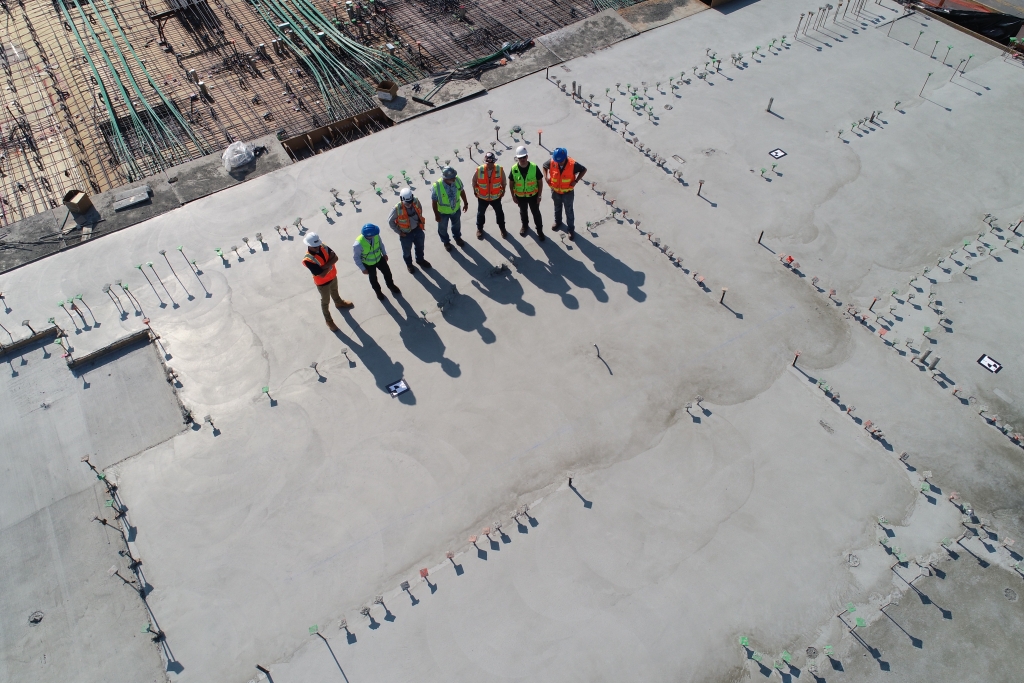Accounting for business varies depending on the industry, and accounting for construction companies can be incredibly challenging and different from other industries. We’ve put together some of the basics for construction accounting to help construction professionals understand what makes their financial management different from other industries. Read on to learn more about construction accounting basics and what makes construction accounting different.
Accounting for Construction Companies vs Other Industries
There are several things about construction companies that make their accounting processes different from other industries. Accounting for construction companies has many layers and intricate items to track. For starters, construction businesses need to track the profitability of each job, and larger businesses may have multiple jobs to track. This means that each job needs to have its bookkeeping accounted for before it is added to your entire business’ account.
Construction costs are also varied throughout the project. Operating costs and overhead can fluctuate over the course of a project. The cost of goods and materials is also more complicated in construction, as the price of things like lumber or concrete can change even between the time of project bid and build time, and shipping for materials can be a stressor for construction jobs as everything has to be delivered to individual job sites. Each project has direct and indirect costs which cover a wide range of cost categories. Having an effective means to track costs is very important in construction businesses. Tracking change orders and the impact on the overall profitability of a project requires up to date financial information and attention to detail.
Construction jobs vary in length depending on the project, so concise financial reporting is incredibly important. While other industries are often able to plan a project’s financials ahead of time, construction job timelines depend on so many external factors. Revenue recognition in construction businesses can be an issue, and ensuring that costs and revenue are reported in the correct period based on the chosen method to recognize revenue is important. The most common methods to recognize revenue are the completed contract method and the percentage of completion method. If a job is stalled due to weather or shipping issues, this can put a dent in a project’s revenue collection.
Accounting Tips for Construction Companies
If you own a construction company, there are many ways you can make your financial management and accounting easier. If you’re looking to make your year-end accounting less stressful, organized bookkeeping throughout the year is one of the best things you can do. Here are some tips for bookkeeping as a construction company:
Bookkeeping:
- Track and record costs on a project by project basis.
- Reconcile bank and supplier statements on a timely basis.
- Have accounting staff understand the business revenue recognition policy and how it impacts billings.
- Leverage professional accounting software specific to the construction industry.
While preparing for tax season, you’ll want to ensure you have some strategies in place to get the most out of your taxes. Here are some tax strategies for construction companies:
Tax strategies:
- Consistently applying a revenue recognition policy will ensure that costs are matched to revenue.
- Accurately recording work-in-progress can ensure that tax is being paid on the correct revenue in the correct period.
- Any software they should use
- Accounting software should allow for project by project accounting.
- Industry specific software can assist with project management, budgeting and costing projects. Many software packages allow for simple and efficient calculation and tracking of work-in-progress and allow for costs to be allocated on a project by project basis.
How Can a Chartered Professional Accountant (CPA) Help Construction Companies
Chartered Professional Accountants can help you win at business. As a construction company, there are many ways a CPA can help your business flourish. When it comes to tax reporting, a CPA will ensure that all taxes, income tax as well as indirect taxes are reported correctly. Another key role CPAs play is in providing financial advice. A CPA can help provide advice on certain corporate structuring which limits the liability of owners and offers benefits in the way of reducing access to assets by creditors. Other pieces of financial consulting can include advising on equipment costs (whether to lease or buy).
CPAs are experts in remuneration structuring and can help with owner remuneration. A CPA will also explain differences in accounting policies — accounting policies are options and CPAs can help choose the most appropriate one for your business! They can assist in acquiring financing as borrowing money is becoming more complicated, and a CPA can help navigate the fiscal landscape.
Construction Accounting in Alberta
Gallo LLP Chartered Professional Accountants can provide your construction company with financial consulting services, tax preparation, and all your construction accounting needs. Alberta construction companies face many challenges, but your finances and accounting don’t need to be one of them. Our team of experienced accountants will compile your financial statements, prepare you for tax season, and provide you with expert financial advice as you make your next moves. If you’re in need of a team of hardworking, innovative accountants to get you the best information regarding your business’ financials, contact Gallo LLP.

